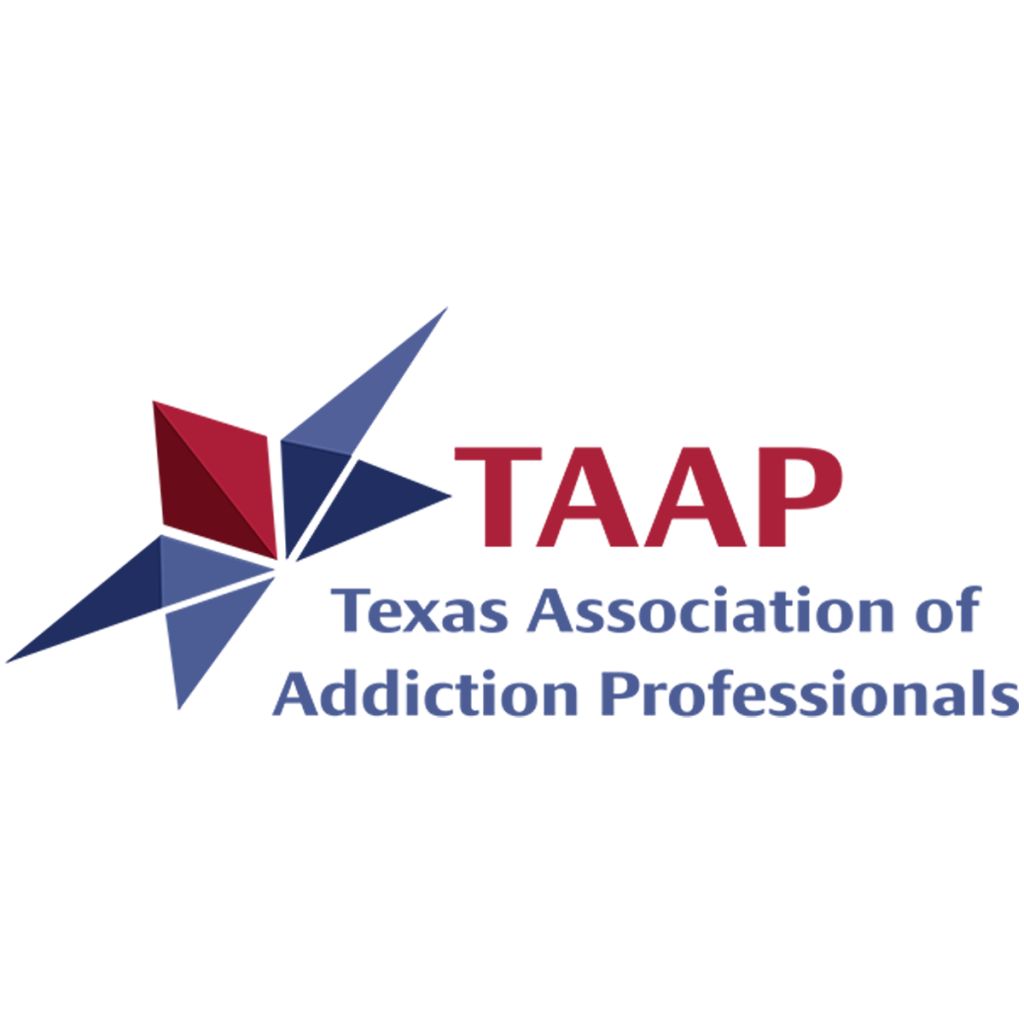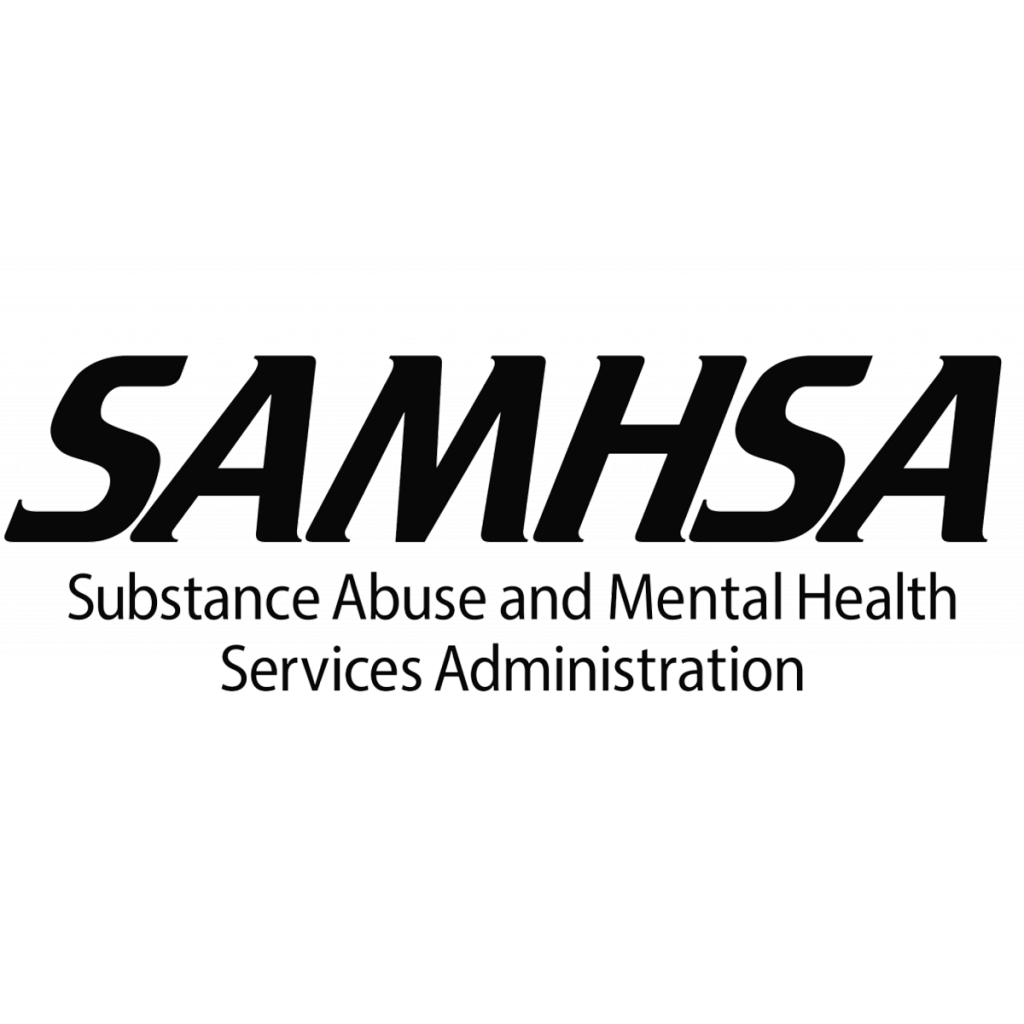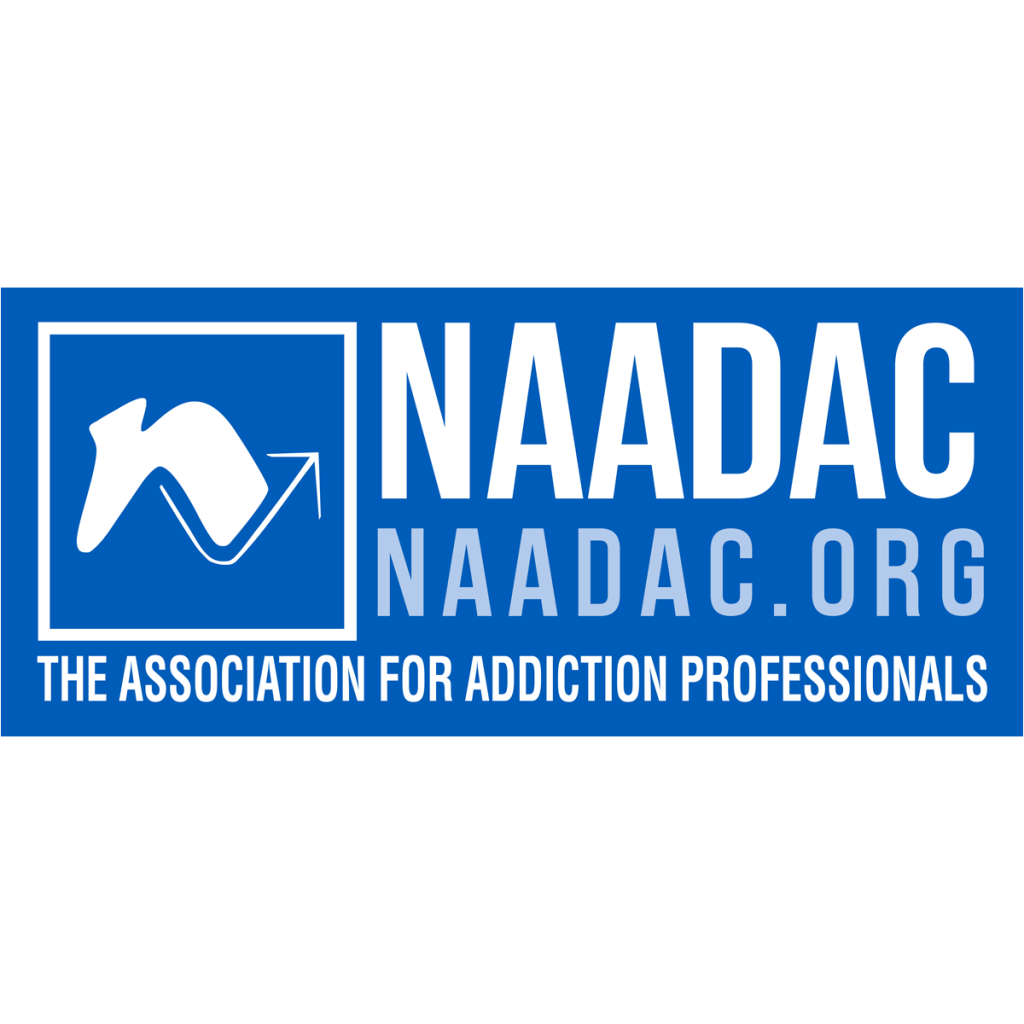Baclofen
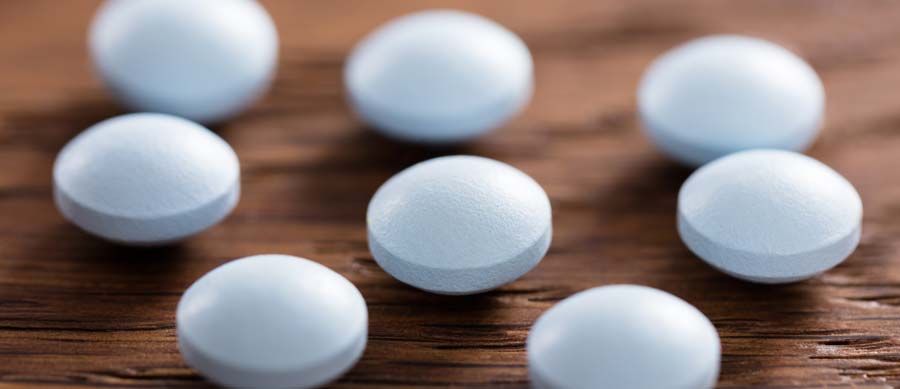
Baclofen Addiction: Side Effects, Detox, Withdrawal, and Treatment

Table of contents
What is Baclofen?
Baclofen is a muscle relaxer that is used to treat muscle spasms, pain, and stiffness caused by injuries of the spinal cord, multiple sclerosis, and other issues related to the spine. It affects the body’s central nervous system and works by relaxing the user’s muscles. Baclofen is also currently being researched as a potential treatment option for alcohol addiction.
Baclofen comes in tablet form and is generally taken three times daily to reduce discomfort and pain caused by spinal cord injury or disease. One 2012 study spanning two years also found that baclofen was effective for treating individuals who were suffering from alcohol dependence but had unsuccessful experiences with other forms of addiction treatment. In fact, 92 out of 100 people in the study stopped having cravings for alcohol after being treated with baclofen.
According to the DEA, baclofen is not addictive and it is not listed as a controlled substance. However, a person could potentially become physically dependent if they misuse it, especially by taking it in very high doses. Baclofen is only available with a valid prescription.
Brand names for baclofen include:
- Baclodol
- Beklo
- Gablofen
- Kemstro
- Lioresal
- Lyflex
Slang for Baclofen
Although some people abuse baclofen recreationally, there are currently no known slang terms or street names for baclofen.
How Common Is Baclofen Abuse?
It is possible to abuse baclofen, but misuse of this drug is rare. So rare, that there aren’t very many statistics regarding the abuse of it. Even still, some people do abuse baclofen recreationally to get a narcotic-like high. When it is taken in extremely high doses, baclofen can cause drowsiness and a feeling of being high.
People who abuse baclofen may also consume it with other central nervous system depressants like alcohol to enhance the high. This is extremely dangerous and can result in overdose. Taking a high dose of baclofen on its own may also cause overdose, which may result in coma or death.
Chronic misuse of baclofen can lead to physical dependence and withdrawal symptoms. Baclofen withdrawal can be deadly if a person suddenly stops taking it after taking it regularly for a period of time.
What Are the Side Effects of Baclofen Abuse?
Common side effects of baclofen abuse include:
- Dizziness
- Drowsiness
- Muscle weakness
- Insomnia
- Fatigue
- Central nervous system depression
Symptoms of baclofen overdose may include:
- Hypothermia
- Dangerously slow heart rate
- High blood pressure
- Slow reflexes
- Trouble breathing
- Loss of consciousness
- Coma
What Are the Signs and Symptoms of Baclofen Addiction?
If someone is abusing baclofen, he or she may display some of all of the following behavioral signs:
- Taking larger or more frequent doses of baclofen than is medically necessary
- Taking someone else’s baclofen prescription
- “Doctor shopping” to get multiple prescriptions for baclofen
- Faking symptoms to get a baclofen prescription
- Taking baclofen with alcohol or other drugs
- Using baclofen recreationally (with no medical purpose)
Symptoms of baclofen addiction may include:
- Having cravings for baclofen
- Recognizing the negative consequences of baclofen abuse but being unable to stop
- Giving up hobbies and social activities due to baclofen abuse
- Isolating from friends and family
- Experiencing withdrawal symptoms when trying to stop taking baclofen
- Missing work or school/having problems at work or school
- Having financial and/or legal problems associated with baclofen abuse
[sc name=”phoneinsurancecta”]
Baclofen Detox and Withdrawal
If you are physically dependent on baclofen, you will experience withdrawal symptoms when you try to quit. Baclofen withdrawal can be very dangerous or even deadly if you don’t have immediate access to medical assistance in the event of an emergency.
Baclofen withdrawal symptoms can include:
- Confusion/disorientation
- Delusions
- Hallucinations
- Dizziness
- Insomnia
- Nausea
- Anxiety
- Memory problems
- Hyperthermia
- Psychosis
- Mood swings
- Tremors
- Fever
- Rebound muscle spasms
- Seizures
In many instances, medical detox may be necessary to safely detox from baclofen. Medical detox provides professional assistance and medication-assisted treatment to ensure that you’re comfortable and safe throughout the duration of your baclofen detox program.
Medical detox for baclofen addiction may also greatly reduce the risk of relapse because it offers a safe and supportive environment that is drug-free. Attempting to quit baclofen cold turkey is difficult without support and may also be very uncomfortable. However, with a baclofen detox program, you are much more likely to succeed. After detox, continued baclofen treatment can help you maintain your sobriety.
Baclofen Withdrawal Timeline
The timeline for baclofen withdrawal varies depending on the person and how long they’ve been abusing baclofen. The detox method (taper or cold turkey) will also have an impact on how long baclofen withdrawal lasts and how severe it is.
Treatment for Baclofen Addiction
If you are physically dependent on baclofen, you may choose to continue your addiction treatment after completing a baclofen detox program. Research shows that long-term rehab is an effective way for people to overcome their physical and psychological addiction to drugs and alcohol.
Although there are many different types of programs for baclofen rehab, such as 30-day, 60-day, or 90-day programs, the National Institute on Drug Abuse (NIDA) states that addiction treatment of at least 90 days provides the best opportunity for positive outcomes in recovery. Long-term drug rehab can also reduce a person’s risk of relapse by providing more time for personal growth, change, and continued support.
During drug rehab for baclofen addiction, you will work with a multidisciplinary team of addiction treatment professionals to address the various aspects of addiction with the following methods:
- Educational lectures about the disease of addiction and the recovery process
- Individual and group work through the 12-Step Program or a related recovery program
- Counseling on how to cope with high-risk situations, triggers, and cravings
- Life skills like communication, problem-solving, and self-monitoring
High-quality baclofen rehab should include evidence-based treatment methods like cognitive behavioral therapy, individual therapy and group therapy, educational lectures, 12-Step therapy, family therapy, and ongoing peer support.
[sc name=”phoneinsurancecta”]
Inpatient Baclofen Rehab vs. Outpatient Baclofen Rehab
If you are searching for a drug rehab program for baclofen addiction, residential programs and outpatient programs are two different types of rehab to consider. While both forms of baclofen treatment are equally focused on recovery from drug and alcohol addiction, there are several differences between the two types of rehab. Here is a side-by-side comparison.
| In residential rehab, clients: Live at the rehab center while they complete treatment Adhere to a structured schedule of treatment programming, personal time, meals, group activities, etc. Attend daily group and individual sessions Have immediate access to treatment professionals and medical care | In outpatient rehab, clients: Attend outpatient group meetings while living at home or in a sober living home Complete homework assignments independently Maintain other obligations while completing treatment, such as work or school Have limited access to treatment professionals and medical care |
Another difference between these two types of baclofen rehab programs is cost. Residential treatment is generally more expensive than outpatient treatment, but most rehab centers accept insurance to reduce the out-of-pocket cost of rehab.
If you choose to go to rehab for baclofen addiction, here are some payment options you may consider to help reduce the cost:
- Health insurance benefits
- Employee Assistance Programs (EAP)
- Financed healthcare loans
- Credit cards
- Crowdfunding
- HSA funds
Continued Care Options for Baclofen Addiction Treatment
After detox and rehab are over for baclofen treatment, many people need continued support to maintain a lifestyle of sobriety and prevent relapse. There are several different continuing care options for baclofen addiction, including sober living programs and aftercare programs.
Sober Living Programs
Sober living homes are safe, structured, and supportive living environments for men and women who are in recovery. Many of the residents have already completed detox or rehab, are on probation or parole, or have recently relapsed and need help getting back on track.
Sober living homes are designed to help people stay sober by providing peer support, structure, tiered recovery programming, and other recovery support services, such as:
- Regular drug and alcohol testing
- Educational planning
- Employment assistance
- Volunteer placement
The cost of a sober living home will vary depending on its location, amenities, rooming options, and recovery support services offered. However, most often, payment is collected monthly like rent.
Aftercare Programs
Aftercare is designed to support sober people who have already completed detox and rehab and are looking for continued support as they re-enter society as a sober individual. People who are recovering from baclofen addiction may find aftercare to be particularly helpful in warding off relapse and coping with high-risk situations or triggers in early recovery.
Each aftercare session is hosted in a safe, clinical environment and within a group setting. Groups are led by a licensed counselor or therapist and discussion often revolves around the daily struggles of sobriety, strategies for dealing with them, and encouraging progress shared by group members.
If you or a loved one is struggling with baclofen addiction, don’t wait any longer to get help. The caring and professional staff at Nova Recovery Center is here to help. Just call (888) 343-1967 to start your baclofen treatment today.
References:
Nova Recovery Center offers a large range of substance abuse treatment services: detox, residential, outpatient and sober living.
Treatment Options
Treatment Locations
Call Us Now and Begin Healing at (512) 605-2955
Or text us and we will call you right back.
Not quite ready for a call? You can fill out the form below.
What Makes Us Different
- Gender-specific treatment
- Evidenced-based treatment
- 12-Step immersion
- 90-day residential treatment
- Family program
- Full continuum of care
- Insurance and private pay
100% Confidential Guarantee
Confidential Consultation
Nova Recovery Center is dedicated to helping you or your loved one get help. Please call or fill out this form for a confidential consultation.
One of our understanding, dedicated advisors will contact you about your options. Begin healing today.
Nova Recovery Center is dedicated to helping you or your loved one get help. Please call or fill out this form for a confidential consultation. One of our understanding, dedicated advisors will contact you about your options. Begin healing today.


